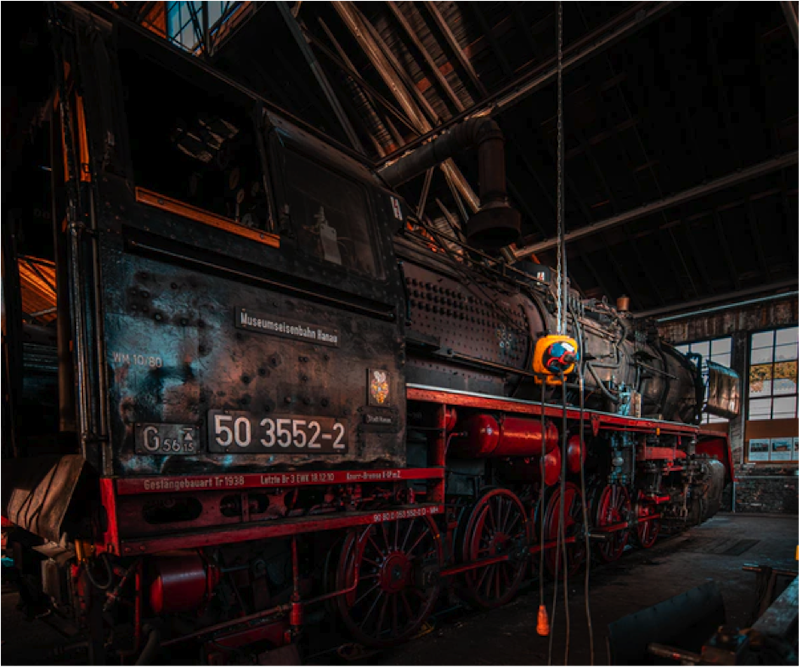If you’re boiler tech-savvy, you will know what we are talking about when we speak about boiler efficiency and combustion. You must have enough understanding of the boiler system and its operation, but if you are yet to learn the boiler system's basics, give this read a shot.
A boiler is a closed vessel that generates energy to boil water or convert your water into steam without directly subjecting the water into direct fuel. The steam generated is used in various industries as well as in some households. Big industries that use boilers include food manufacturing, maritime, agriculture, hotels, and hospitals.
The Essential Uses Of Boiler
Boiler selection depends mainly on the specific function for the intended operation. Boilers can either be used to produce hot water or produce steam. Each industry has its requirement that depends on their process, such as the following:
As Water Heating System
For this application, hot water is used in domestic or commercial industries such as hotels and restaurants. Hot water is used for commercial dishwashing, laundry, comfort heating, and car washes.
Steam Boilers
Steam boilers generate steam by heating the water to boiling temperature; thereby, steam is generated. Various steam uses for this function include cooking processes in food industries, turbine operation to transform energy for hydropower plants, soil steaming for the agriculture industry, and various heating applications for industrial processes such as cement production.
The Basic Types Of Boilers
When you want to acquire a unit or plan to rent a boiler, it is good to know the basic types to guide you in the selection. Below are the three most basic types of boiler to consider.
Fire Tube Boilers
Fire tube boilers are best used in operations where a large and continuous steam flow is needed; the steam generated is directly supplied into multiple tubes immersed in a water-filled chamber. High-pressure application is a restriction for this boiler type.
Water-Tube Boilers
This boiler type is ideal for high-pressure demands and has a larger capacity to cater to a variable load requirement. Water is heated inside the tube from its surrounding in contrast to fire-tube boilers.
Boiler Fuel Types
Fuel varies for each boiler type, and it is best to know what fuel is the most efficient in certain boiler operations. There are several types of fuel with varying degrees of efficiency; consider the pros and cons of using them, especially the environmental effect of using them.
Coal: Is next to petroleum in terms of fuel consumption globally. Its energy content is related to its carbon content, which means the higher the carbon content, the higher the value of its energy measured in BTU (British Thermal Unit).
Coal is very abundant in nature; in the US, coal reserves in 2014 are 480 billion tons, which is projected to last for 261 years. The environmental drawback, however, is that it causes pollution to groundwater due to non-stop mining.
Gas and oil: boilers using gas and oil as fuels are classified as oil-fired boilers; it is energy efficient because it heats water only on demand, thus saves the amount of fuel needed. Running cost for oil type boilers is significantly lower than electric boilers.
Biomass: is the waste materials from other industries; examples are wood chips, wood construction debris, and corn husks. Biomass gives energy and helps manage waste disposal from other industries, thus giving a healthy balance to the environment. Biomass fueled boiler helps reduce carbon dioxide emission up to 9.5 tons per year.
Knowing the fuel types for your boiler operation, you can now decide on the best option you think is the best choice. But, there are more boiler features that you also need to know. If you plan on investing in a unit, it is best to ask the supplier when sourcing, and if you opt to rent a unit, always ask the lessor for additional services they can provide.
- 1. Make sure that the lessor has several units to ensure backups in case of breakdown.
- 2. Ask whether the unit they will provide you is mounted on skids and trailers to ensure easy mobility and pull out.
- 3. Ensure that technical support is included in the contract; this ensures swift and immediate attention when the unit encounters a breakdown or just having minor repairs.
- 4. Liabilities must be stipulated and understood in the contract. Know who will assume the cost of repairs or even maintenance parts if needed.
Takeaway
Boilers are crucial equipment to run an operation in different industries and even in your homes. The machine operates on various fuel types with different degrees of efficiency and availability. Fuels also have varying impacts on the environment. Decide to choose the most appropriate to your needs and your operation. Make a conscious effort to be responsible for your decision.

